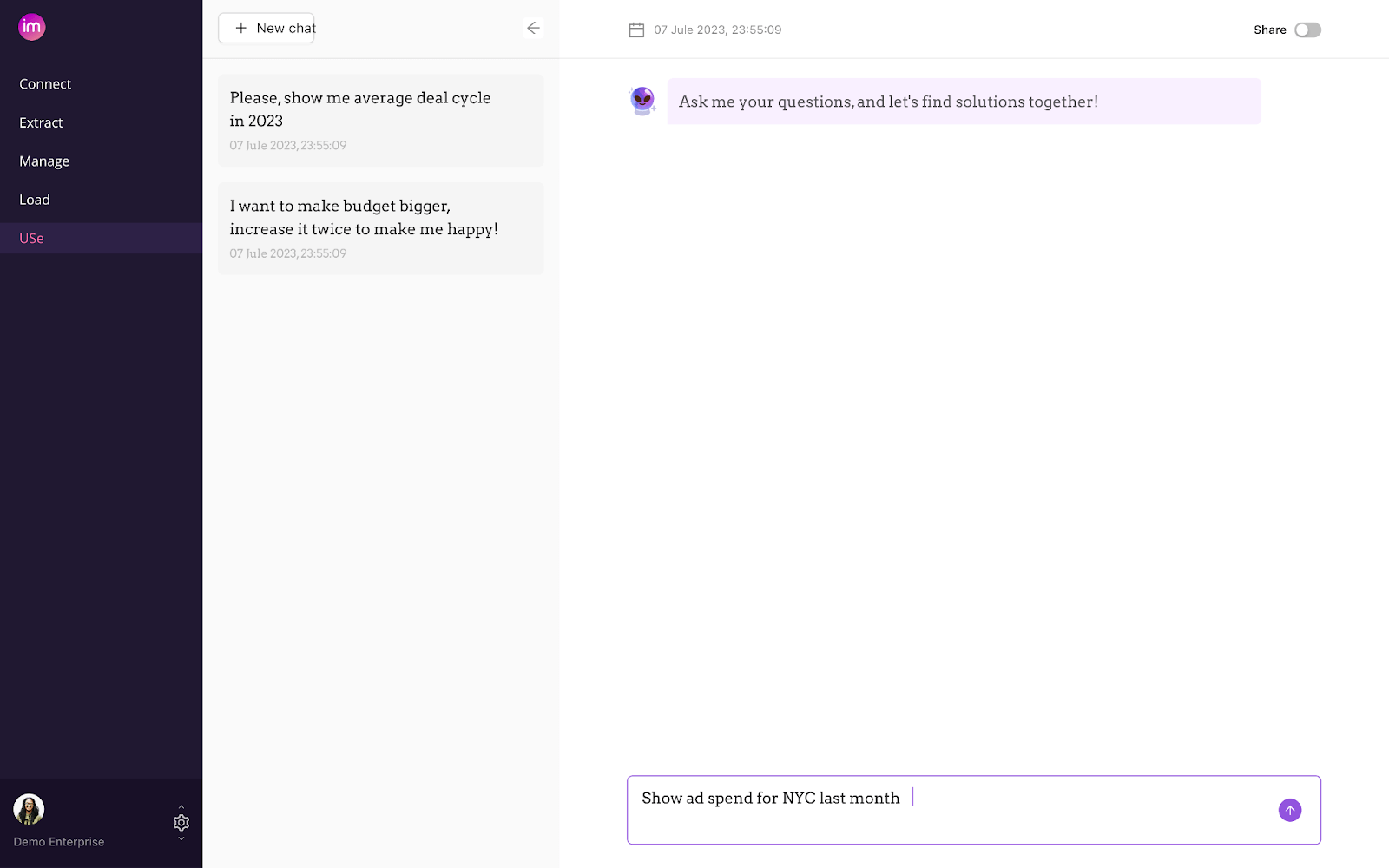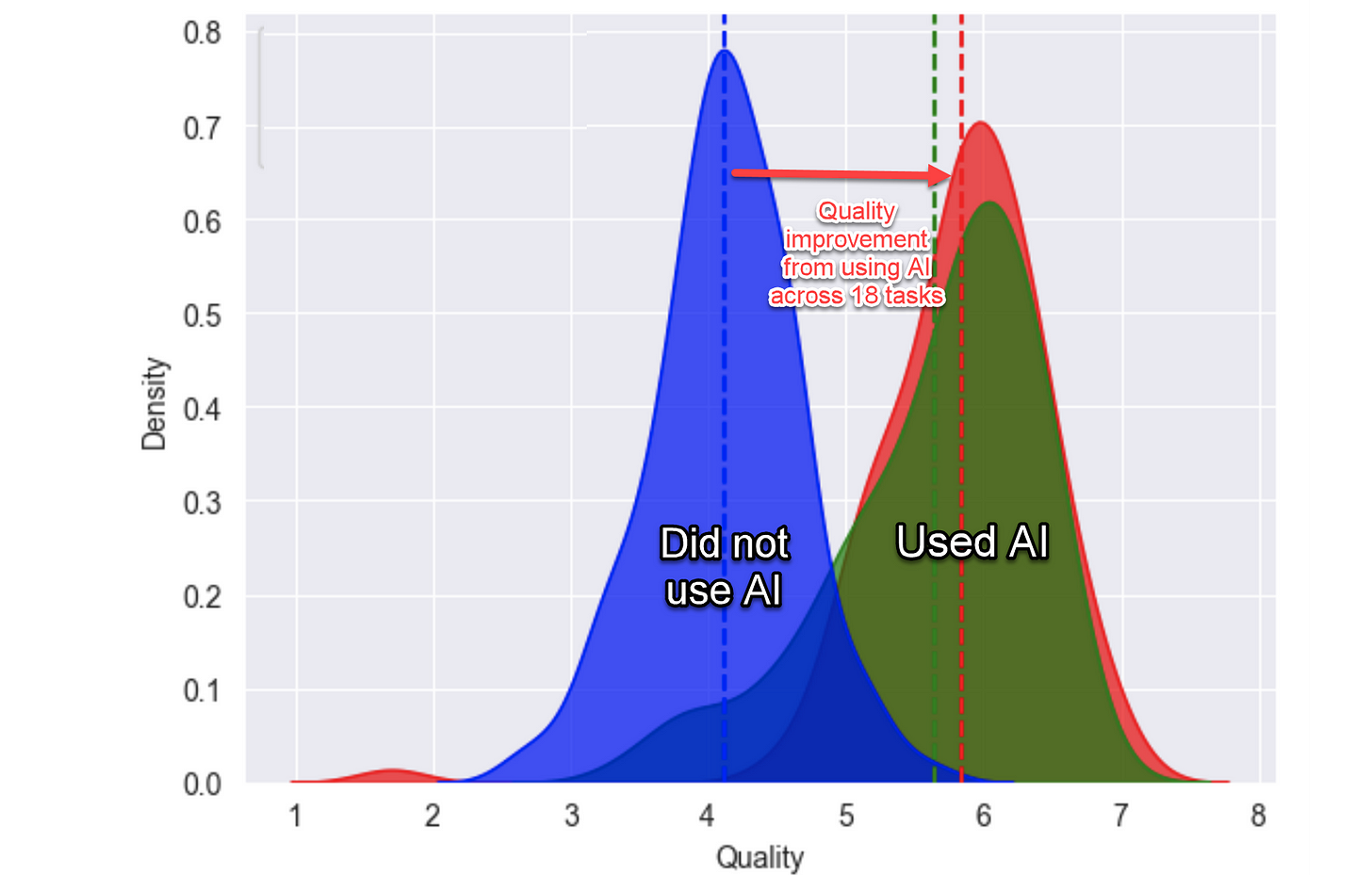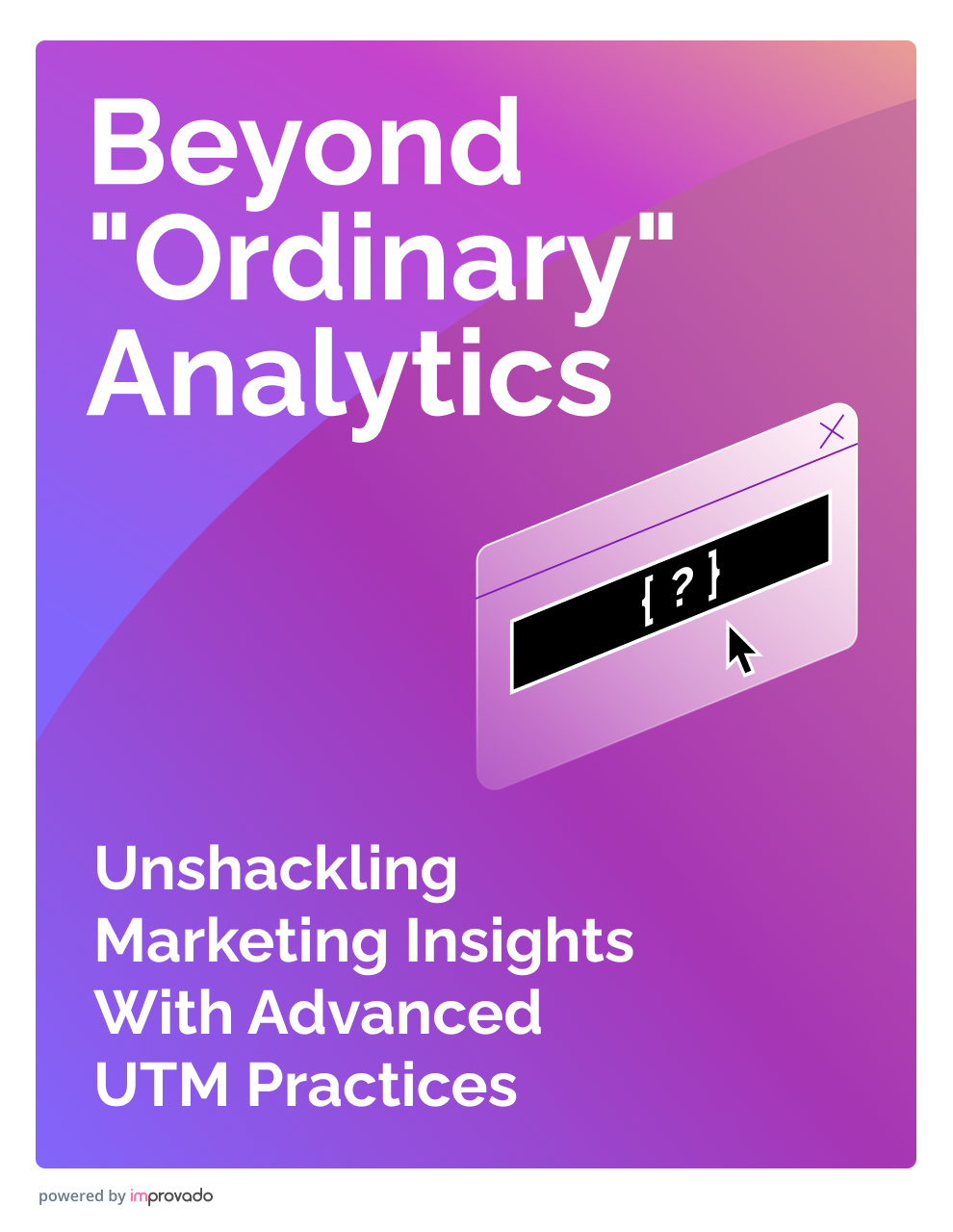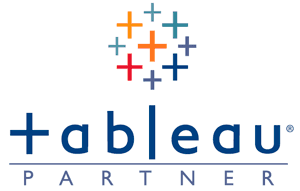AI Marketing Explained: What You Need to Know
Marketing has evolved significantly over the years. From traditional billboards to digital ads, the landscape has shifted. Now, with the rise of technology, AI has emerged as a game-changer in the marketing domain.
What is AI Marketing?
The question that bothers everyone in the marketing sphere — Is AI marketing legit? Yes, AI marketing is legit.
It involves leveraging AI technologies to enhance and optimize marketing strategies and campaigns. Many businesses and organizations have successfully integrated AI into their marketing efforts, resulting in improved customer targeting, personalized experiences, data analysis, and overall campaign performance.
The effectiveness of AI in marketing is well-documented, and its applications range from chatbots and predictive analytics to content recommendations and customer segmentation. It's essential, however, to differentiate between genuine AI marketing tools and platforms and those that might make unfounded claims. As with any technology or tool, due diligence is crucial when selecting and implementing AI solutions in marketing.
The Benefits of AI in Marketing
When implemented correctly, AI can significantly enhance marketing outcomes by offering the following advantages.
Operational Efficiency
AI simplifies the complexities of marketing tasks, from data analysis and campaign adjustments. Instead of manually overseeing every detail, marketers can rely on AI to fine-tune strategies in real-time. This automation not only reduces manual labor but also curtails human error.
We already have stats proving the transformative effect of AI on operational efficiency. A group of social scientists from Harvard Business School studied how ChatGPT-4 affects the daily work of a global management consulting firm.
Precision Targeting
Beyond just analyzing demographic data, AI-powered systems dissect intricate patterns within customer behaviors, interactions, and even micro-moments.
By doing so, they unveil hidden trends and granular insights, allowing brands to mold their messages with an unmatched degree of precision, ensuring that the right content reaches the right person at the right time.
Efficient Resource Allocation
AI's ability to predict campaign outcomes is rooted in deep neural networks, which sift through historical data to discern patterns that might elude human analysis.
As a result, marketers can strategically channel funds and manpower towards avenues that promise genuine traction, ensuring resources are utilized to their fullest potential.
Enhanced Personalization
Beyond mere recommendation engines, AI integrates multi-platform user history, real-time behavior, and even environmental factors. This allows for an environment where content and advertisements evolve in real-time, dynamically aligning with an individual's current mindset and preferences.
Automated Customer Interactions
Modern chatbots do more than answer queries, they understand sentiment, context, and cultural nuances. This makes them adept at not only addressing customer concerns but also upselling or cross-selling products in an organic manner, turning passive interactions into conversion opportunities.
Optimized Ad Campaigns
Deep Learning algorithms in AI evaluate a multitude of parameters: from user behavior and platform engagement rates to real-world events. This holistic analysis allows AI systems to finetune ad parameters, from placement to pacing, ensuring optimal visibility and engagement.
Content Creation
AI's role isn't limited to data crunching. Natural Language Processing (NLP) capabilities enable AI to generate content that resonates with specific audience groups, from regional news reports to industry-specific articles, ensuring content remains both relevant and timely.
Real-time Analytics
AI's rapid data processing isn't just about speed; it's about depth. As data streams in, AI evaluates it against a backdrop of global trends, historical data, and predictive models. Marketers receive insights rich in context, allowing for strategic pivots with a degree of agility previously deemed unattainable.
Common Misconceptions and Concerns Hindering AI Adoption
With any technological advancement comes a mix of enthusiasm, skepticism, and misconceptions. Let's address some of the most common myths and concerns surrounding AI in marketing.
AI Marketing is Just a Buzzword
One prevalent notion is that AI in marketing is just another fleeting buzzword with more hype than substance. This perspective, however, does not align with the data-driven realities and the tangible impacts seen in the marketing landscape.
- B2B marketers in the U.S. using chatbots see an increase in their lead generation volumes by 10-20%.
- 58% of marketers from companies that adopted generative AI for content creation said increased performance is the top benefit.
We'll see more data as companies continue to leverage AI marketing tools in their day-to-day operations.
AI Will Replace Marketers
Another concern is that AI will make human marketers obsolete. While AI can handle repetitive tasks and data analysis, the creative and strategic aspects of marketing still require a human touch. Think of AI tools as a force to bridge the gap between an idea and its implementation and do it fast and at scale.
AI Marketing Is Too Complex
Some believe that implementing AI in marketing is too technical and complex. However, many AI marketing tools are designed for non-technical users and created with an idea to democratize data.

Improvado AI Assistant debunks this myth. Leveraging text-to-SQL technology, Assistant simplifies the querying of marketing data and the discovery of performance insights.
Instead of wrestling with complex analytics interfaces, users can ask straightforward questions about leads, campaigns, or budgets in an intuitive chatbot. In response, the AI Assistant delivers data-driven answers, accompanied by visual representations. The complexity of AI is managed behind the scenes, providing users with a seamless and efficient experience.
AI Is Infallible
It's a misconception that AI doesn't make mistakes. While AI can process data quickly and identify patterns, it's only as good as the data it's trained on. Incorrect or biased data can lead to flawed insights.
AI Compromises User Privacy
AI in marketing primarily aims to refine processes, discern patterns, and forecast outcomes. It does utilize large sets of data to operate efficiently, and the key is in how the data is sourced, handled, and transferred. Sophisticated AI platforms incorporate advanced encryption and stringent data protection measures to ensure the confidentiality of user data.
All AI Marketing Tools Are the Same
It's a common belief that if you've seen one AI marketing tool, you've seen them all. However, this is a significant oversimplification and underestimates the diversity in the AI marketing landscape.
Different AI marketing tools are often tailored for specific purposes. Some focus on predictive analytics, projecting future trends based on historical data. Others might specialize in content optimization, automating A/B tests to pinpoint the most effective messaging. Yet another set might emphasize chatbots and customer interaction.
The underlying algorithms and technologies can also vary considerably. For example, two tools might both utilize machine learning, but one uses a neural network model while the other employs decision trees. This distinction often leads to different outputs, accuracy levels, and insights.
AI Marketing in Practice
The integration of AI into the marketing realm has transformed the way brands engage with their audiences. Leading companies have recognized the potential of AI and have seamlessly woven it into their marketing tapestry. Here's a closer look at how AI is reshaping marketing practices.
Chatbots
Chatbots are now front-line customer service representatives in many businesses. Driven by AI, they can handle a range of tasks, from answering frequently asked questions to booking appointments. Their 24/7 availability and immediate response time enhance user experience and can significantly reduce operational costs.
Predictive Analytics
By analyzing historical data, predictive analytics can forecast future trends and behaviors. For marketers, this means identifying potential best-sellers, understanding which marketing strategies might yield the best return, or even predicting customer behaviors before they happen.
Personalized Content
AI-driven content personalization is about delivering tailored content to users based on their preferences, behaviors, and past interactions. This can mean anything from suggesting products on an e-commerce site to curating news articles on a media platform. Such personal touches can significantly boost engagement rates.
Dynamic Pricing
Adjusting prices on the fly based on real-time market demand, competitor prices, and other external factors is now achievable with AI. E-commerce sites, especially in the travel and retail sectors, employ dynamic pricing to optimize sales and profit margins.
Email Optimization
AI can optimize email campaigns in myriad ways. From deciding the best time to send emails to segmenting users for more targeted content or even crafting subject lines that are more likely to be opened, AI-driven tools ensure that email marketing achieves its maximum potential.
Ad Targeting
One of the most recognized uses of AI in marketing is in the realm of ad targeting. By sifting through vast amounts of user data, AI can pinpoint the ideal audience for a particular ad, ensuring better engagement rates and a higher return on ad spend. It's not just about who sees the ad, but ensuring the right people see it at the right time.
The Future of AI in Marketing
The trajectory of AI in the marketing sector points towards a future filled with innovation and transformation. As we look ahead, here's what we can anticipate.
Day-To-Day AI Assistance
AI assistants, like Improvado AI Assistant, are transforming the way marketers interact with data. The Assistant acts as a marketing analytics copilot, allowing marketers to directly pose questions and instantly access the insights they need.
Curious about how a campaign performs in a specific region or on a certain device? Or perhaps, there's a need to understand budget allocation for a set period? Have any other ad-hoc questions about performance? Just ask the AI Assistant.
By seamlessly integrating text-to-SQL technology, it facilitates queries about campaigns, budgets, device performance, geographic insights, and more. It's not just about answering questions, it's about offering detailed, data-backed responses to drive informed decisions without manual labor or reaching out to data teams and waiting for their response.
Augmented Reality (AR) Experiences
Augmented Reality (AR) offers a fresh canvas for marketers, allowing brands to overlay digital information onto the physical world. Imagine walking past a store and seeing a promotion tailored just for you, or pointing your phone at a product to instantly receive reviews and alternative options. AR, powered by AI, promises to elevate the shopping experience, making it more immersive and personalized.
Real-time Data Analysis
Swift data processing powered by AI means marketers can make quicker decisions, adjust campaigns mid-flight, and respond to market changes as they happen. Such agility can be a significant differentiator in the fast-paced world of digital marketing.
Ethical Considerations
As AI becomes more integrated into marketing practices, ethical concerns, especially around data privacy and user consent, come to the forefront. It's not just about what marketers can do with AI, but what they should do. Ensuring transparency in how data is collected, stored, and used will be essential. Moreover, there will be an increasing onus on companies to use AI responsibly, ensuring algorithms don't perpetuate biases or harm certain user groups.
Continuous Learning and Training
Harvard Business Review has highlighted that the average half-life of skills now stands at less than five years, with some areas seeing skills fade in just two and a half years. The shrinking skill relevance is fueled by the relentless march of AI advancements. Continuous learning is crucial not just for job security but to enhance current roles and access new opportunities.
FAQ
500+ data sources under one roof to drive business growth. 👇
Making data more accessible and understandable
.png)
%20(1).png)
.png)

.png)






%20(1).png)

.png)





.png)


.png)
.png)
